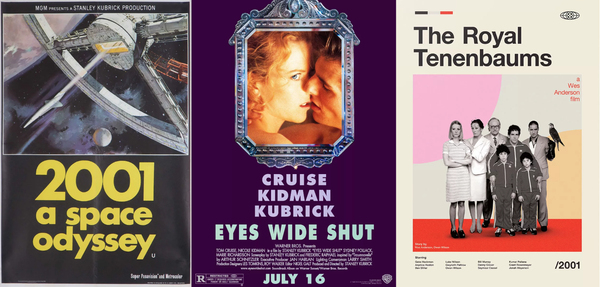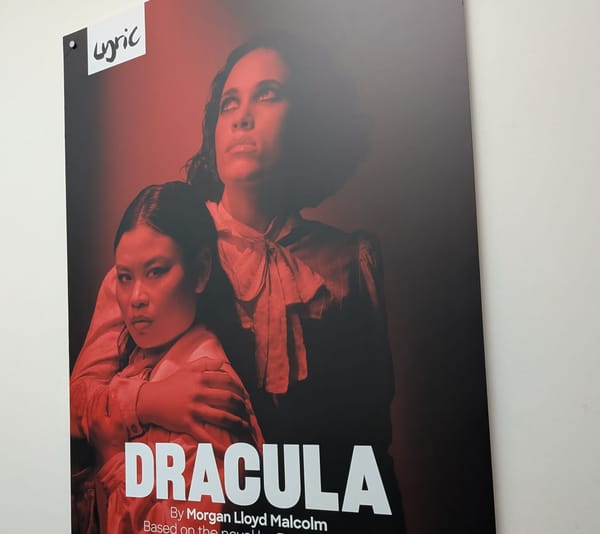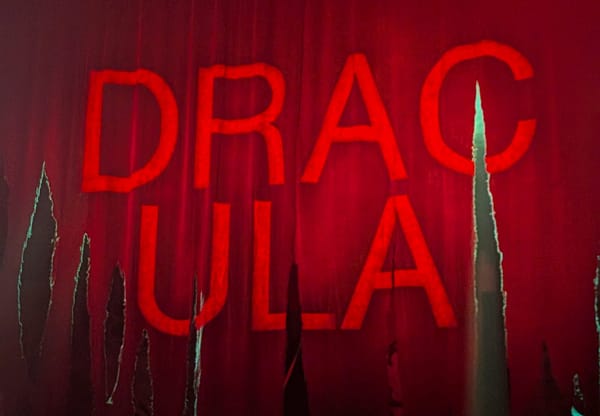Men Writing for Women
I've been looking for a way into this one for a few weeks now. First it was one thing. Then it was another thing. As I start to write, I think I know what the thing is. I think I do. Let's go.
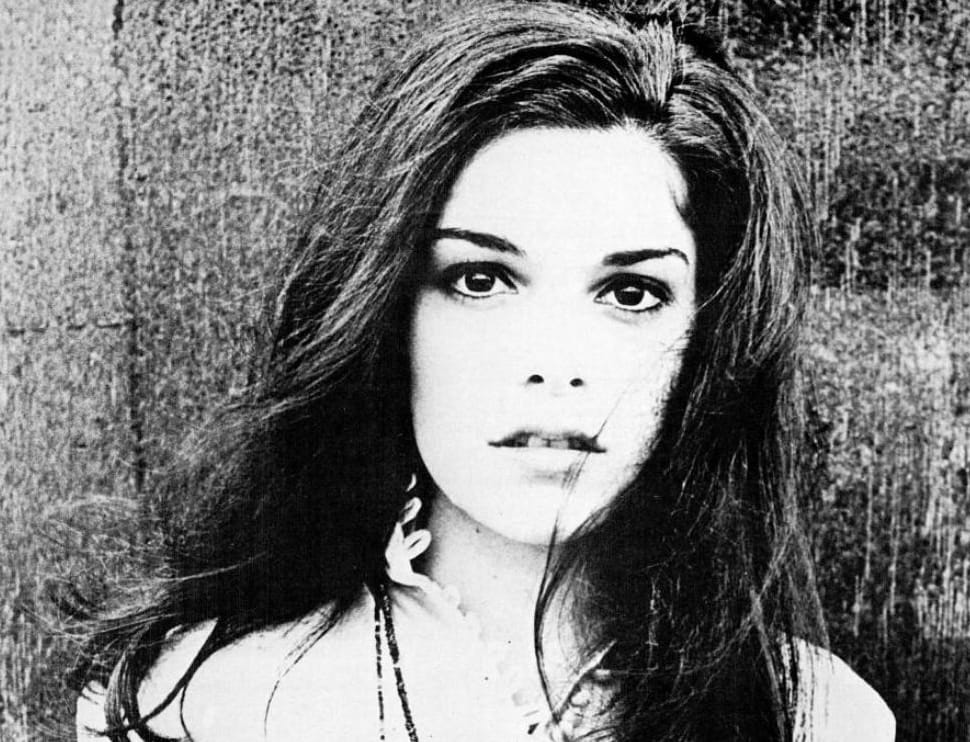
This story started, unbeknown to me, in 1980s Hull. It starts with a man called Jim Steinman and ends with a man called Chip Taylor. Dad was a fan of lots of 1970s and 1980s bands as you would expect. Queen surprised nobody. Everyone then loved Queen as much as they loved HM The Queen. Freddie would never die. Live Aid was nothing without him.
To my enduring surprise, Dad loved Blondie and Bonnie Tyler as much as he loved Queen. Blondie was our era not his. Bonnie Tyler belonged to no era. A one-off. The voice that sounds like an angel with a mouthful of sharp sand and artisanal gravel. Debbie Harry. The voice of an angel who is selling meth on the side. Many years before Loaded, they were 1980s ladettes.
In the late 1990s I became aware, through some long-forgotten but bizarre set of events involving Maria McKee, of a band called the Dixie Chicks. I had them on Sony Minidisc which was once the future of music for five seconds. That should date it to 1999, as so many things are these days.
Anyway it was the year Jeffrey Archer finally ran out of road and earned a free ride to Belmarsh. He was briefly a hero of mine when I thought anyone could write like him. I was wrong about that. In some ways his stock only rose when he went to prison for some silly lie that he told for no reason at all about something that might have happened in Shepherd Market. You have to admire that amount of stubborn although his wife understandably did not.
There was nothing unusual about the Dixie Chicks except that somehow, either deliberately or otherwise, they crossed over from Nashville Bluegrass to mainstream pop chart. I thought that might have been due to their cover of Am I The Only One but in fact I now realise it was the year Natalie Maines joined the band. Amazing how one person can change a band isn't it Stevie?
Both Wide Open Spaces itself and There's Your Trouble opened my eyes during a dark and difficult year that began at Nissan in Sunderland and ended consulting for the London Clearing House in America Square. It was the year I decided to leave consulting; a plan that only came to fruition in 2003, the year From Beyond Belief finally came out in paperback. There is a connection there.
A quarter of a century later and I'm still in consulting and still admiring a certain kind of song. The Chicks (as they are now called for reasons which make no sense outside America) are still going strong but they write their own tunes. They wrote hardly anything on Wide Open Spaces, which surprises me, given how things turned out.
The Dixie Chicks were the first band or artist to get cancelled, before social media was invented, in 2003. As you would expect, their cancellation was a minor blip that eventually led to a fame unheard of in the bluegrass world. Their comeback album, Taking the Long Way, was a revelation of anger and retribution that can be summed up like this: you can't keep quality down. Or perhaps something about floating cream.
This journey into the past was started by a single song: Angel of the Morning. It turns out there were some ladettes long before the 1980s. It was written by Chip Taylor but popularised in England by The Pretenders. It was first recorded by Evie Sands in 1967. Sands herself was from Brooklyn, born in 1946, five years before Chrissie Hynde. This version, the original, deserves to be the best known but was mired in problems due to the collapse of the record company.
If there is a point to any of this it is that there is something special that only happens in music, and only occasionally. It absolutely does not happen in literature. This is the thing. It is a certain kind of magic that can sometimes come from a man writing a song for a woman to sing. It is never the case that a male author writes good female characters for a novel. Although if you know of any, the comments below are your friend.
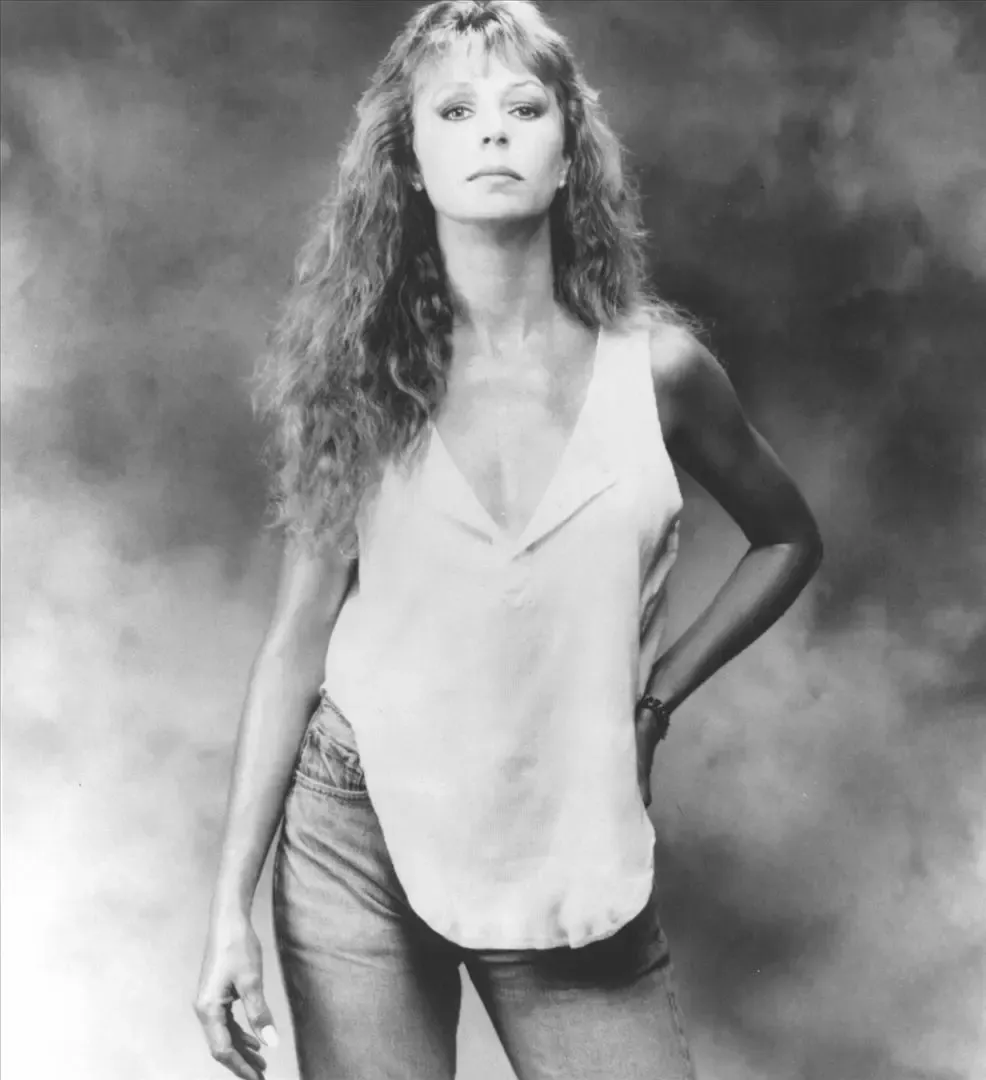
Bonnie Tyler predominantly sang the words of Jim Steinman during the time that we listened to her. Incredible to say but she really was a female Meatloaf. I was confident when I started this that whoever wrote Angel of the Morning had to be female. I was wrong.
The version of Angel that began all this was sung by Juice Newton, a star unheard-of in Britain but with the voice of, yes, an angel. [I have edited out all riffs on the name Juice.] I think I found that song during research for the piece on Lilly Winwood, which in turn came from a conversation about an unknown female singing Higher Love.
Only now do I question what my point is.



